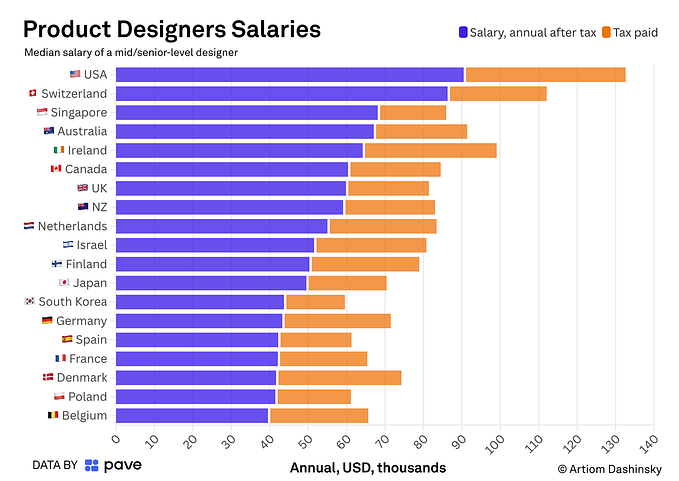Member-only story
Can’t speak to your users? Here’s what you can try
User research lies at the heart of human-centered design, so limited access to customers is a common frustration among product designers. While nothing can substitute regular feedback from actual users, there are alternative ways to fill in the blanks in understanding who, how and why is using your product.
A great deal has been said about the importance of user research, the crucial “U” ingredient without which the practice of “UX” falls apart. Yet many researchers and designers find themselves in a continuous fight for access to customers, constantly having to prove that sourcing direct feedback from users is a must, not a nice to have.
This problem can arise for various reasons. Perhaps you work in an organisation that lacks the design maturity and sees user research as a luxury — costly, time-consuming, and ambiguous in the benefits it brings. If this is the case, please continue educating your colleagues on the value of user research while you implement some of the strategies described in this article.

But there are also genuine barriers that make user research incredibly challenging, if not impossible. Perhaps you are working on a product aimed at helping vulnerable people, such as refugees or victims of crime. Or there are privacy concerns because your users are accessing the services anonymously and/or are sharing sensitive data. Alternatively, you might be working on a highly-specialised tool with a small user base and struggling to recruit diverse participants for regular feedback sessions.
Whatever the reasons, don’t despair! While compromising on usability studies can feel frustrating, some research is better than no research, so here are some things you can do if you can’t speak to your actual users:
Speak to someone who knows your users
While no one can accurately represent another person’s experience, you can learn a lot from conversations with relatives, friends, colleagues and other “proxy users” who are close to your targeted persona. Parents will have insights on the…







